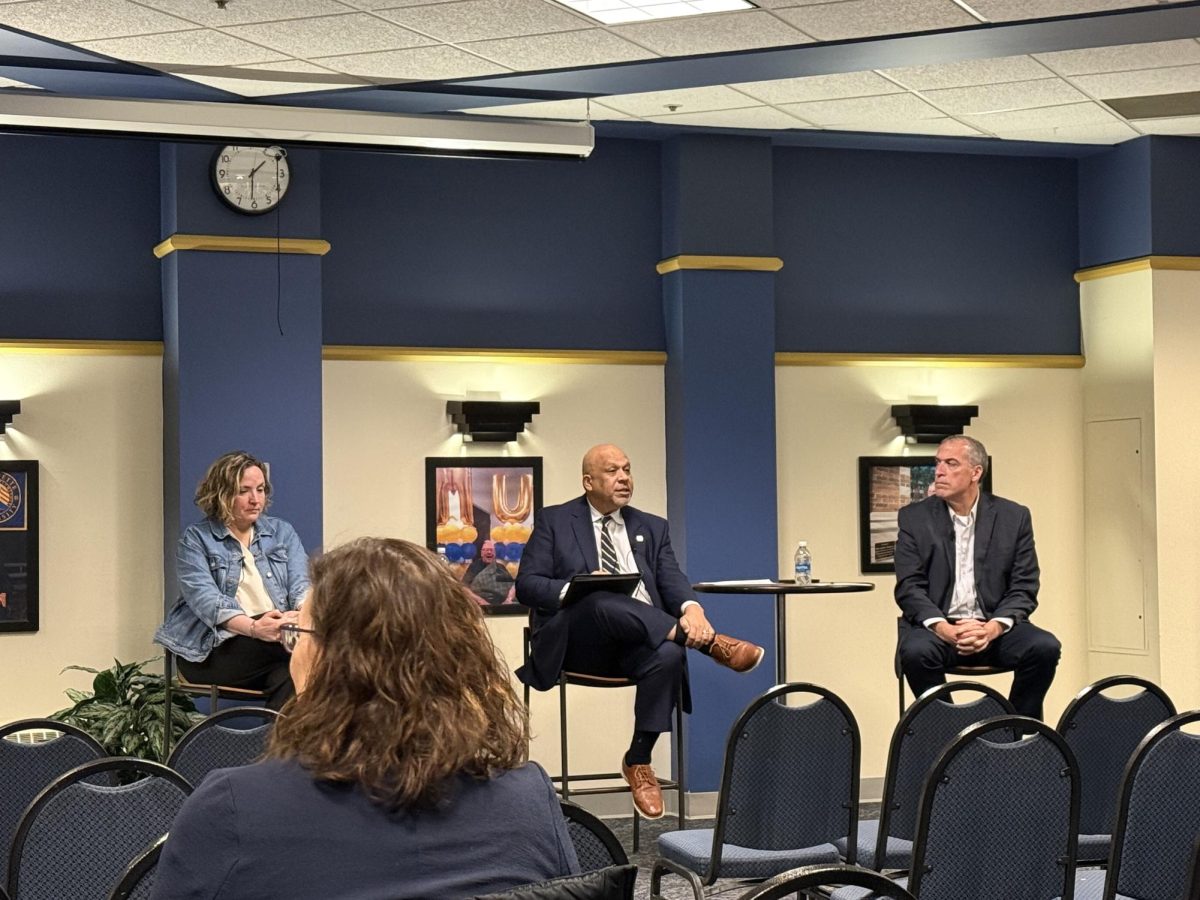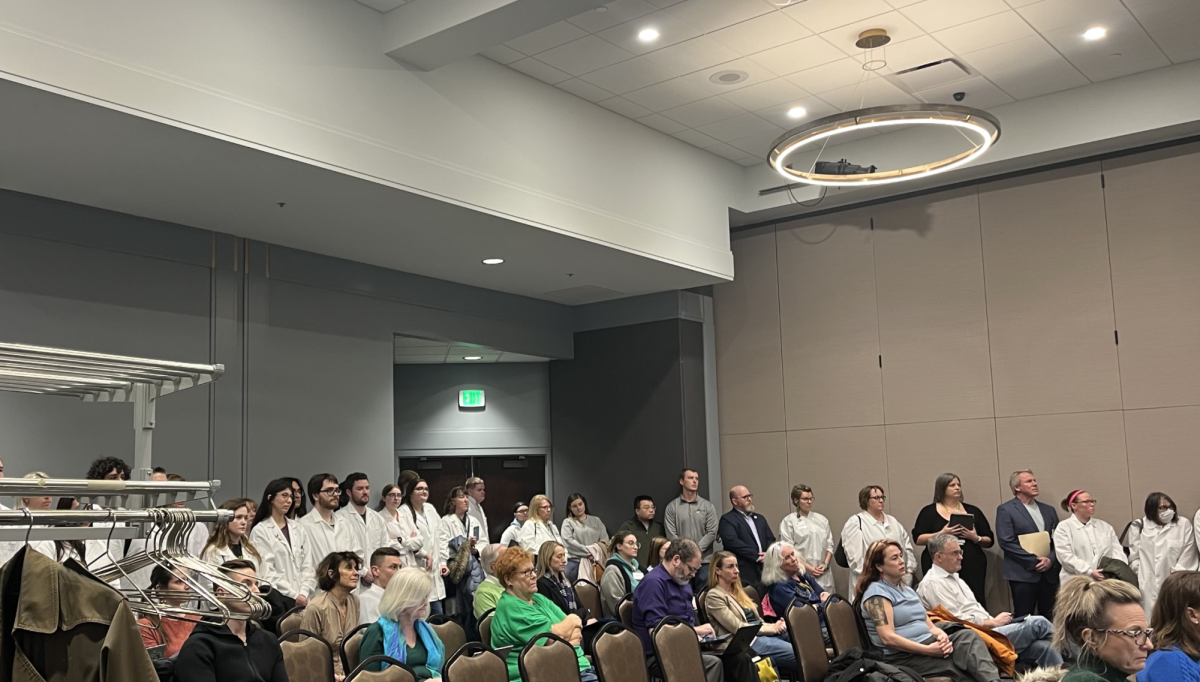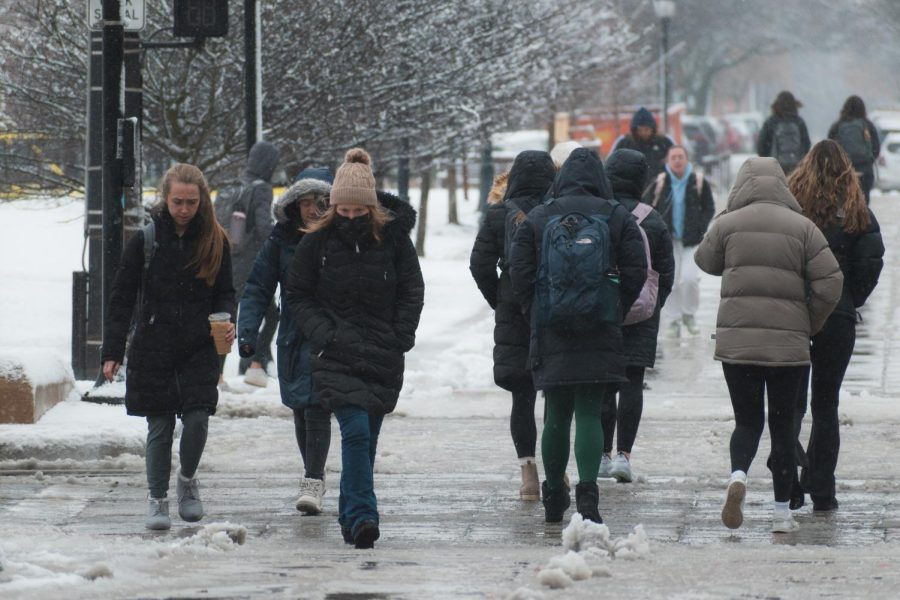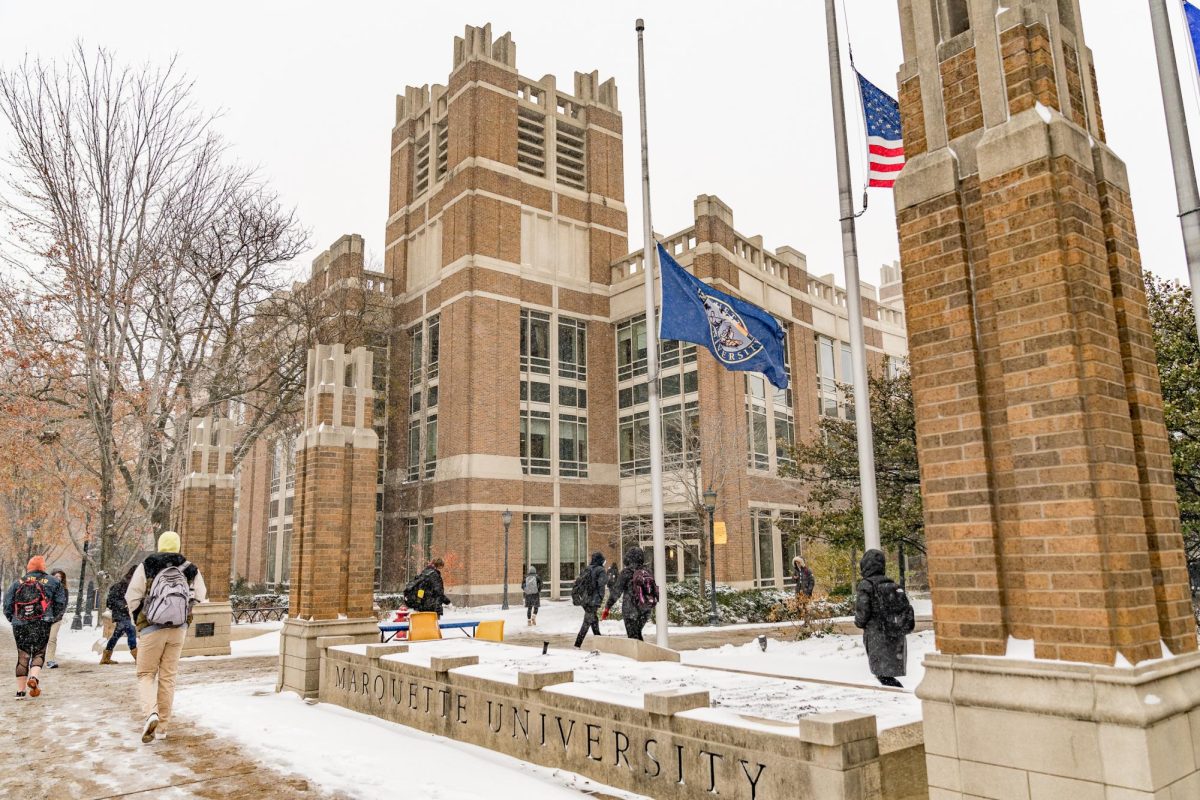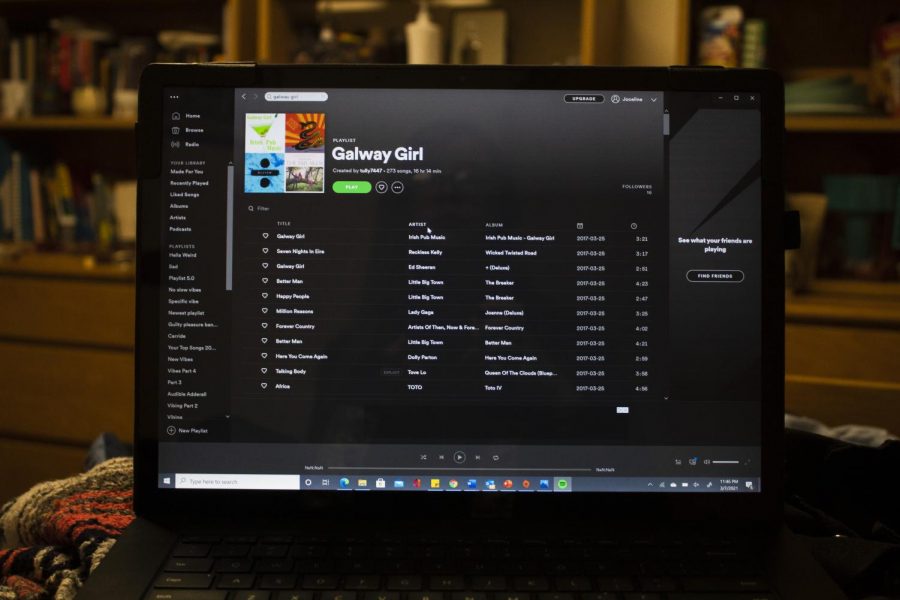During its monthly meeting, the University Academic Senate had two hours of hearty discussion on subjects ranging from the labor and worker’s rights movement in Wisconsin to shared governance at Marquette.
In light of the recent disputes regarding workers’ rights and the tense situation in Madison, UAS members decided to form a group statement concerning the issue.
While discussing the statement, a majority of the senate members expressed support for labor unions and workers’ rights groups. Then, a draft statement was formed, which cited Catholic social teachings, including that of Pope Benedict XVI and Archbishop Jerome Listecki, which value the rights of workers and unions.
However, some members voiced concern that issuing such a statement would not be in line with the senate’s advisory role, but rather would present the body as having a political stance.
Siddhartha Syam, associate professor of management, said the senate must be careful in adopting such a statement because it could easily by construed as a political one.
Despite having senate support, the vote on the motion was tabled until next month’s meeting because some members expressed concern that their faculty constituents had not had time to read the resolution.
The senate also discussed a faculty council-compiled report on shared governance.
The report summarized measures approved by the senate to improve shared governance, such as including the senate chair and vice-chair on the university’s leadership council.
Additionally, the report included recommendations on increasing collaboration between the university’s various bodies and offering more in-depth peer evaluations.
The senate also discussed matters pertaining to students.
Gary Meyer, vice provost for undergraduate programs and teaching, introduced a draft on retooling the undergraduate attendance policy.
Meyer said the draft was presented not to revamp the attendance policy, but to introduce consistency in attendance policies across the university. He cited instances of confusion when students who take courses from different colleges, and thus different attendance policies, are unclear on policies.
The draft does not call for a single university-wide policy, but allows for professors to draft their own policy, as long as they make it known.
“From day one of courses, it’s essential for instructors to clearly articulate what they do and do not accept in their attendance policies,” Meyer said.
The senate was also introduced to a new joint subcommittee focused on academic integrity and creating a culture of academic honesty among students.
Tim Melchert, chair of the subcommittee and associate professor, said instances of academic cheating and plagiarism are not new or solely linked to Marquette, but in order to curb such instances, the university should consider different methods of action.
One such method Melchert mentioned would explore the implementation of an honor code, similar to those in place at prestigious universities like Stanford and Princeton. Melchert said that just the mere presence and adherence to an honor code could sizably reduce instances of academic cheating.


